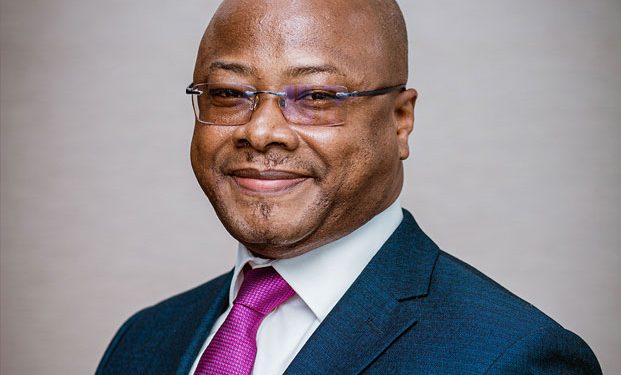Gold Fields Champions Sustainable Investment in West Africa’s Extractive Sector
Gold Fields is championing the call for sustainable investment in West Africa’s extractive industry, urging industry stakeholders and policymakers to prioritize long-term value creation through responsible mining practices, local content enhancement, and inclusive partnerships.
Speaking at the official opening of the 2025 West African Mining and Power Expo (WAMPEX), themed “The Mining and Power Hub: Driving Sustainable Investment Opportunities in West Africa,” Vice President of External Affairs for Gold Fields, Michael Edem Akafia, underscored the critical role of the sub-region in responding to global shifts in mineral and energy demand.
“The theme for this year speaks directly to the shifting dynamics of global energy and mineral demand and the role our sub-region must play in leading responsible investment in the extractive sector,” he remarked. “Sustainability must be at the centre of every decision we make—from how we engage local communities, to how we manage our natural resources and design fiscal regimes.”
According to Mr Akafia, aligning Environmental, Social and Governance (ESG) goals with national development aspirations is vital for the long-term viability of the sector. He noted that responsible mining companies like Gold Fields are actively increasing host community employment and procurement to ensure that mining benefits trickle down to local economies.
“Increasing local content is not just legislation—it is good business. Programmes such as the National Suppliers Programme have been initiated by the Chamber to deepen local participation in mining supply chains,” he revealed.
Drawing parallels from historical mining experiences, Mr Akafia cited the California Gold Rush to highlight the immense value embedded along the mining value chain. “Those who sold shovels made more money than the miners themselves,” he stated. “Even global brands like Levi Strauss owe their origin to the gold rush—illustrating how mining can catalyse entire industries.”
On regional cooperation, Mr Akafia reiterated Gold Fields’ commitment to policy coherence through its involvement with the ECOWAS Federation of Chamber of Mines, in alignment with the African Continental Free Trade Area (AfCFTA), the United Nations’ Sustainable Development Goals (SDGs), and the African Union’s Agenda 2063.
He further called on stakeholders to embrace the Fourth Industrial Revolution to transform mining and energy generation through digital mining solutions and AI-driven environmental monitoring. “Innovation must underpin our journey toward sustainability and competitiveness,” he emphasized.
Socio-economic contributions
Gold Fields remains a key player in Ghana’s mining sector, holding a 90% stake in both the Tarkwa and Damang mines, with the Government of Ghana maintaining a 10% free-carried interest. The two mines account for 31% of the Group’s global production.
In 2024, Gold Fields disbursed over $1.27 billion in benefits to host communities worldwide, of which Ghana accounted for $621 million (approximately GHS 9 billion). Payments to the Government of Ghana alone amounted to $266 million (GHS 2.6 billion) in the same year.
For the first quarter of 2025, Gold Fields reported GHS 1.5 billion in total payments to the Ghanaian government, GHS 1.9 billion in host community procurement, and GHS 9.3 million in socio-economic investments.
These investments span job creation, tax contributions, royalties, infrastructure, and broader community development initiatives—consolidating the company’s role as a driver of socio-economic growth in Ghana.
A global footprint with local impact
Gold Fields is a globally diversified gold producer with 10 operational mines across Australia, South Africa, Ghana, Chile, Peru, and Canada. The company boasts an annual attributable gold-equivalent production of 2.07 million ounces, gold mineral reserves of 44.3 million ounces, and additional measured, indicated, and inferred resources totaling over 41 million ounces.
Listed on the Johannesburg Stock Exchange (JSE) and the New York Stock Exchange (NYSE), Gold Fields’ 2030 ESG strategy is anchored on three key pillars: delivering safe and cost-effective operations, creating positive social and environmental impact, and growing the value and quality of its asset portfolio.
With its sustained focus on ESG, local participation, and innovation, Gold Fields is positioning itself as a catalyst for sustainable development within Ghana and the wider West African region.








